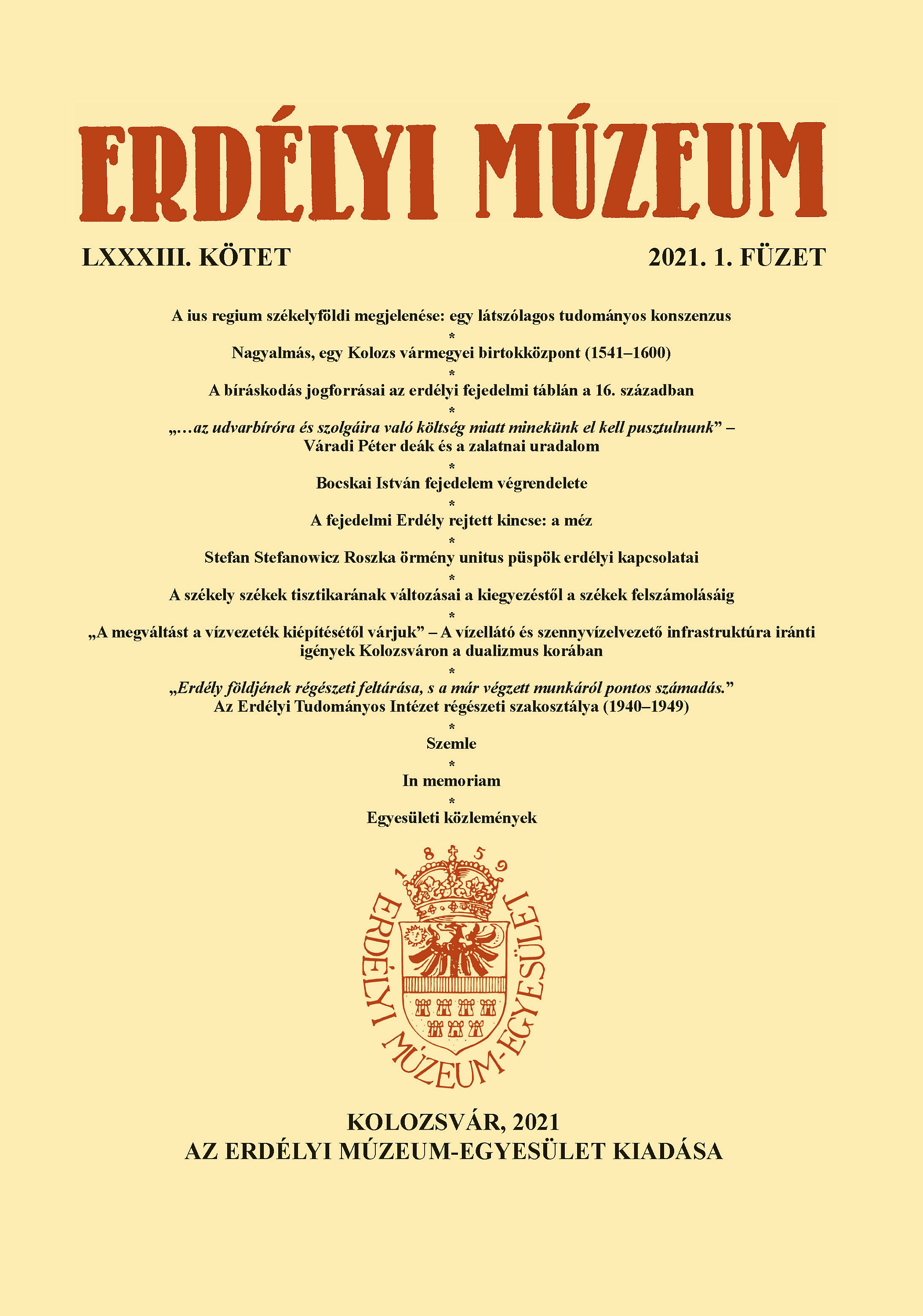Bocskai István fejedelem végrendelete
Prince István Bocskai’s Testament
Author(s): Andor LászlóSubject(s): Cultural history, History of ideas, Political history, 17th Century
Published by: Erdélyi Múzeum-Egyesület
Keywords: István Bocskai; Transylvania; Age of Principality; political relations; Fifteen Year’ War; political testament;
Summary/Abstract: After the hopeless struggles of the Fifteen Years’ War, the Hungarian politicians realized that they could not act independently between the two empires. First of all, they aspired for the ending of the long war, while they had to accept the division of the country. The two Hungarian states were forced to live separately, and accepted the supremacy of the Habsburg and the Ottoman Empire. In his testament, written after the signing of the dual peace treaties in 1606, prince István Bocskai gave political advice and also used it to present a political model: he was the first to use the testament as a genre to summarize his political thoughts. According to this, hard won peace had to be kept by the mutual respect of the independence of the Hungarian Kingdom and of the Transylvanian Principality and their bilateral treaty of alliance, which would secure their mutual assistance. The powerful principality could support the privileges of the estates of the kingdom estates, for example their religious freedom. This way, he underlined the importance of the division of these two countries. The following decades proved the validity of Bocskai’s concept: the stability of the region could be secured according to his principles. Radical changes happened only after a serious change in the balance of the power of the great empires at the end of the 17th century.
Journal: Erdélyi Múzeum
- Issue Year: LXXXIII/2021
- Issue No: 1
- Page Range: 54-68
- Page Count: 15
- Language: Hungarian

